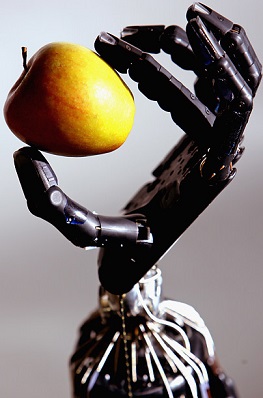Unis roll with AI
 Universities are changing their rules rather than attempting to ban AI.
Universities are changing their rules rather than attempting to ban AI.
Universities say they are coming to the realisation that preventing students from using AI to cheat assessments is a daunting task. Instead, they are opting for a transformative approach to education.
Multiple universities have shared their experiences of students employing AI to write essays or cheat on tests in submissions to a Senate inquiry investigating the use of generative AI in education.
Monash University suggested “decriminalising” AI and adapting teaching and assessment techniques to ensure effective learning.
It is almost impossible to reliably detect AI-generated content. Both humans and AI detection tools have proven to be inadequate in identifying AI-generated materials accurately.
As soon as new methods to make AI content detectable are developed, other generative AI technologies pop up to erase them.
Universities under the Group of Eight (Go8) umbrella advocate for a comprehensive shift in teaching methodologies.
They propose increased reliance on oral exams, practical assessments, and portfolio evaluations as alternatives to traditional written exams.
“Generative AI tools are rapidly evolving and will be part of our collective future – playing an important role in future workplaces and, most likely, our daily lives,” says the Go8 submission.
The National Tertiary Education Union (NTEU) has raised concerns over the potential misuse of AI in research and assessment.
The union warns that the rapid advancements in AI applications may outpace existing research integrity processes, leading to undetected problems with significant consequences.
As universities increasingly incorporate generative AI into every aspect of education, they recognise the need for a new learning framework to ensure students genuinely grasp the material.
Monash University exemplifies this trend, employing AI to offer personalised course advisors and realistic simulations for learning experiences.
The Queensland University of Technology urges caution against an overreliance on AI, warning that it could promote laziness and hinder independent thought.
The university envisions a scenario in which AI creates learning activities, students respond using AI, and AI even grades and provides feedback, leaving doubts about the value of assessment.







 Print
Print